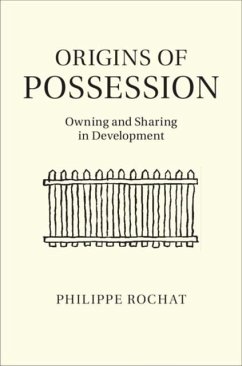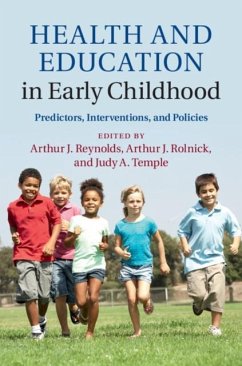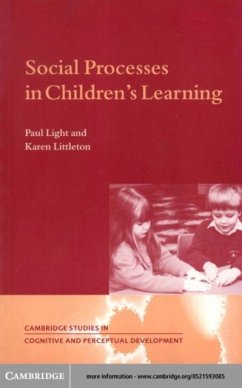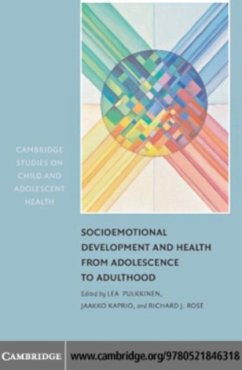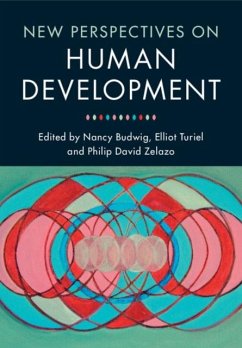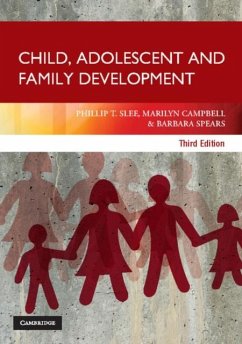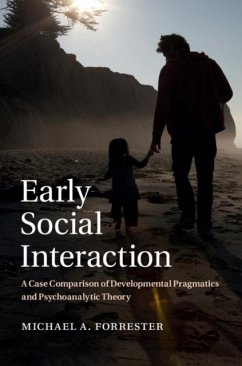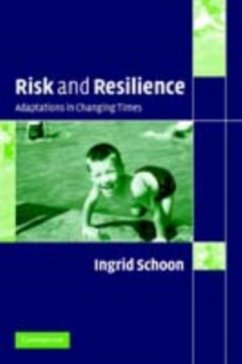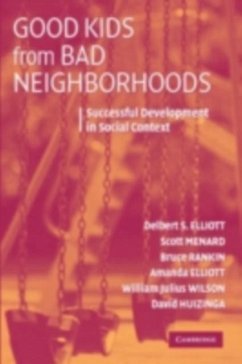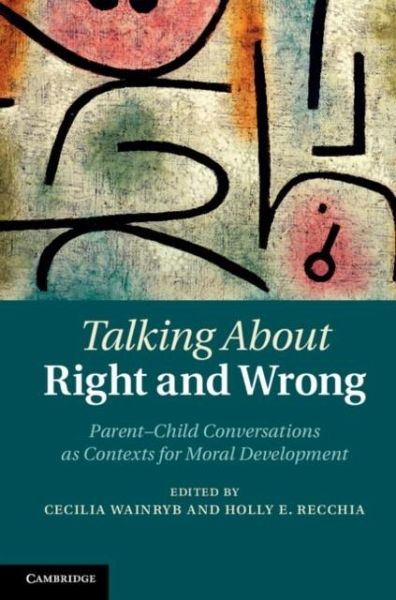
Talking about Right and Wrong (eBook, PDF)
Parent-Child Conversations as Contexts for Moral Development
Redaktion: Wainryb, Cecilia

PAYBACK Punkte
14 °P sammeln!
Though it is generally acknowledged that parents are directly implicated in how and what their children learn about right and wrong, little is known about how the process of moral socialization proceeds in the context of family life, and how it gets played out in actual parent-child conversations. This volume brings together psychological research conducted in different countries documenting how parents and their children of different ages talk about everyday issues that bear on right and wrong. More than 150 excerpts from real parent-child conversations about children's own good and bad behav...
Though it is generally acknowledged that parents are directly implicated in how and what their children learn about right and wrong, little is known about how the process of moral socialization proceeds in the context of family life, and how it gets played out in actual parent-child conversations. This volume brings together psychological research conducted in different countries documenting how parents and their children of different ages talk about everyday issues that bear on right and wrong. More than 150 excerpts from real parent-child conversations about children's own good and bad behaviors and about broader ethical concerns that interest both parents and children, such as global warming or gender equality, provide a unique window into the moral-socialization process in action. Talking about Right and Wrong also underscores distinct psychological and sociocultural processes that explain how such everyday conversations may further, or hinder, children's moral development.
Dieser Download kann aus rechtlichen Gründen nur mit Rechnungsadresse in A, B, BG, CY, CZ, D, DK, EW, E, FIN, F, GR, HR, H, IRL, I, LT, L, LR, M, NL, PL, P, R, S, SLO, SK ausgeliefert werden.




